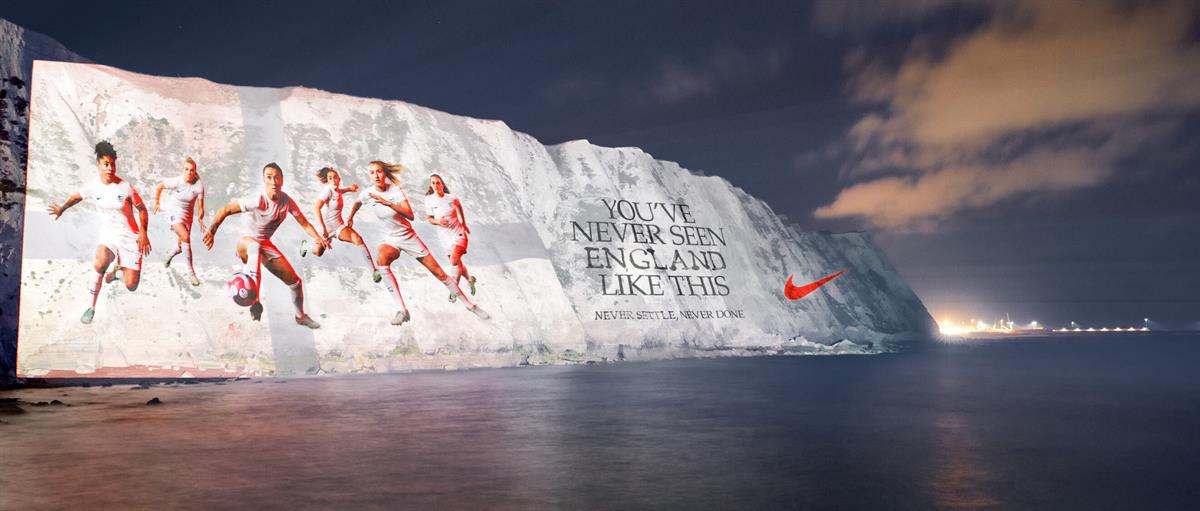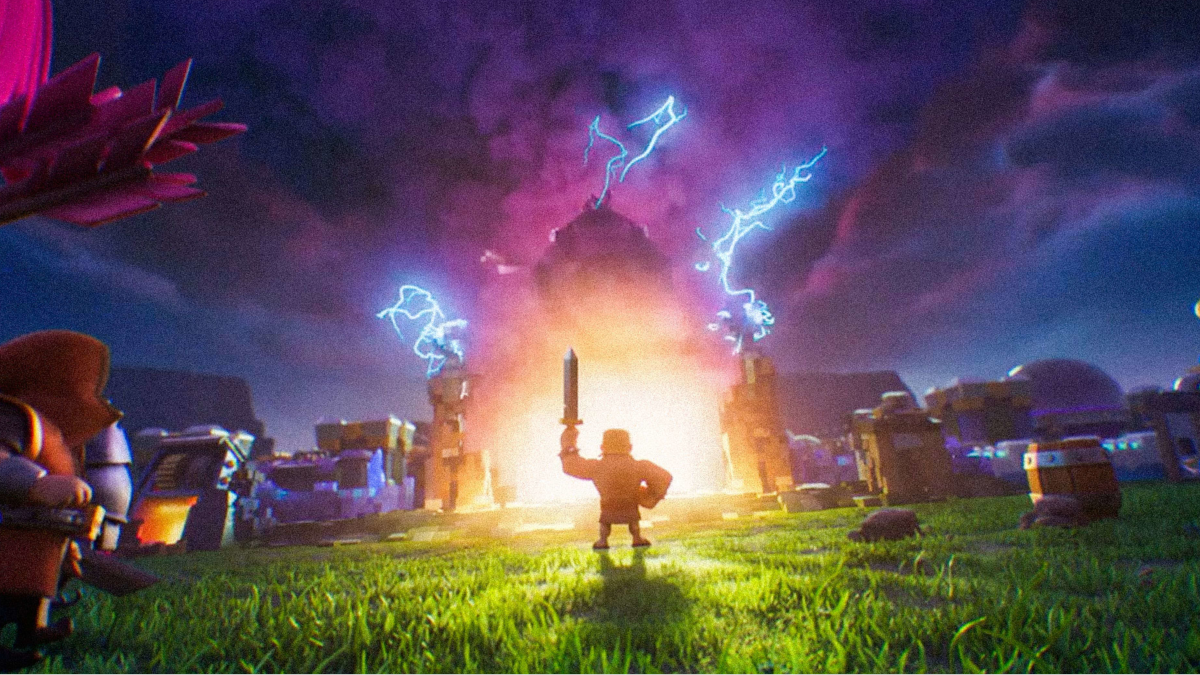In the same way people looked to magic, prayed for rain, looked to God for answers or used science to try and understand the world they lived in, people have become marketers to understand how the modern world works and, indeed, win in it. People curate their lives in their feeds, tirelessly tailor their magnetic show reels and craft their life narrative to sell their professional, personal and romantic selves. I believe that we live in a Marketing Age: while people are sophisticated and get marketing, they are also willing participants in the ‘game’, accepting the copy world; comfortable with this permeable fourth wall, willing to adopt ‘Kayfabe’, to suspend reality. (In the same way people get that reality TV is not real but still enjoy the entertainment, the same is true in marketing).
Living in a marketing society, in this Marketing Age we see the duality of marketing man: the Marketing Age consumer willingly suspends reality and plays the game brands play, while at the same time being sophisticated in their critique of them. A paradigm shift happened in the mid-2000s, where we saw people become more like brands and brands like people. Desperately claiming to be human, anthropomorphising their campaigns, begging for trust through transparency, demonstrating their ‘flaws’ and relinquishing their power over to people.
But I’d argue people don’t want more brands like them, more human and transparent brands, or more power over their brands. Instead, they want Superhuman brands who exercise ultimate power — showing extraordinary opaque, telling outlandish fiction and demonstrating commanding leadership. As people have become more skilled marketers they want brands to impress them, to show them the true power these slippery, weird, and abstract things have.
People want these Superhuman immortals to send men from space on a can of energy juice and use their magical skills to service them with conversational AI bots, wowing them with their ever-increasing powers, sitting on giant pedestals and dominating them into submission.
Today, I’d argue that, from brands, people want:
Quite literally, to be physically wowed
… and very publicly. Take the latest work from BA (view from here) or the Lionesses projected onto the Cliffs of Dover (You’ve Never Seen England Like This — Nike). Impactful, powerful, superhuman work, which comes from the gods and does what humans cannot. Establishing a momentous moment in British sport and fixing the brand’s place in history for helping lead it.

Impressed by powerful spectacle
For example, the Blockbuster experiences of Chanel’s Catwalks which are becoming increasingly more awe-inspiring, year after year. From models strutting out from two Challenger 601 jets onto a literal runway in 2011, to in Chanel Couture SS23, models emerging from a menagerie of oversized animals made of wood, cardboard and paper in a scene meant to evoke a village square festive parade.
Brands such as Porsche are intensifying their focus on the spectacular, collaborating with the immersive theatre company Punchdrunk made for an impressive and unexpected partnership, where guests were chauffeured to the ‘Burnt City’ in the show in an all-electric Porsche Taycan, driving power of the brand into the future and modernising its appeal.
Or the old but brilliant Red Bull Stratos, creating surround sound experiences only brands could curate.
Dominated into submission
People enjoy the feeling of scarcity and limitation. They enjoy it when brands openly hold the power and make them stand outside Swatch for two hours for the Moonswatch model. The fashion industry has always exerted its power in a very visible way.
Velvet ropes limit entry into fashion stores, not I’d argue, to make people feel special, but to tell people the brand has all the power. Apple, Nike too, brands which make the queue complicit in the act of selling and an essential part of the social proofing and FOMO, ‘power — over play’.
People want to be told that they are not allowed them and they have restricted access. How the big powers above limit the numbers of Nike SB Dunk Low x Ben & Jerry’s Chunky Dunkys for people to willingly pay up to £2k a pair. Or on 26 March each year, people are joyous at the limited moment in time, when the Nike Air Max Day celebrates Air Max.

The queue psychology has worked its way on to the London restaurant scene. When turned away from yet another London restaurant which doesn’t take bookings, people wait for that magic 30-day prior window at 9 am to book (e.g., the Big Mamma Group), telling their friends how overpowered they (willingly) are, showing feeble signs of protest, then rolling over anyway to join the wait, and profess how lucky they are on securing a table.
Them to be more mysterious and opaque
People enjoy being wowed by the fictional narrative and the stories brands curate. For example, instead of celebrating Clash of Clans’ 10th anniversary, Supercell celebrated a fake 40th anniversary, set in an alternate universe where Clash had existed since 1982. To do it, Wieden+Kennedy created an entirely made-up full-length documentary, three decades of games, trading cards, and even a cereal. Phenomenal. And people loved it. Marketing Age people are aware of the fiction and are impressed by it.
We see people enjoying this opacity when it comes to superhuman service from the tech unicorns. People want brands so powerful they travel at the speed of light to deliver cherries, mysteriously magic away your returns from yellow lockers and appear like Santa Claus to deliver your weekly shop. (They do not want to know how this happens.) Whilst pleasantly relieved at seeing their Uber driver is four minutes away and stuck at the lights, they don’t need to know how Greg in the Onion van gets your stuff magically out of a dark store (in fact, it sounds even more exciting).
So, as people have become sophisticated marketers and more expert in curating their own brands, brands played with becoming more human, more like people. But instead of playing down on the ground with us mortals, I would argue people want brands to be more superhuman and exert more power over people. Brands should be even more impressive, creating extraordinary, powerful spectacles, exerting extraordinary control by making people wait and very publicly queue, and be ever more mysterious and fictional in both their communication and service.
Featured image: Clash of Clans

























